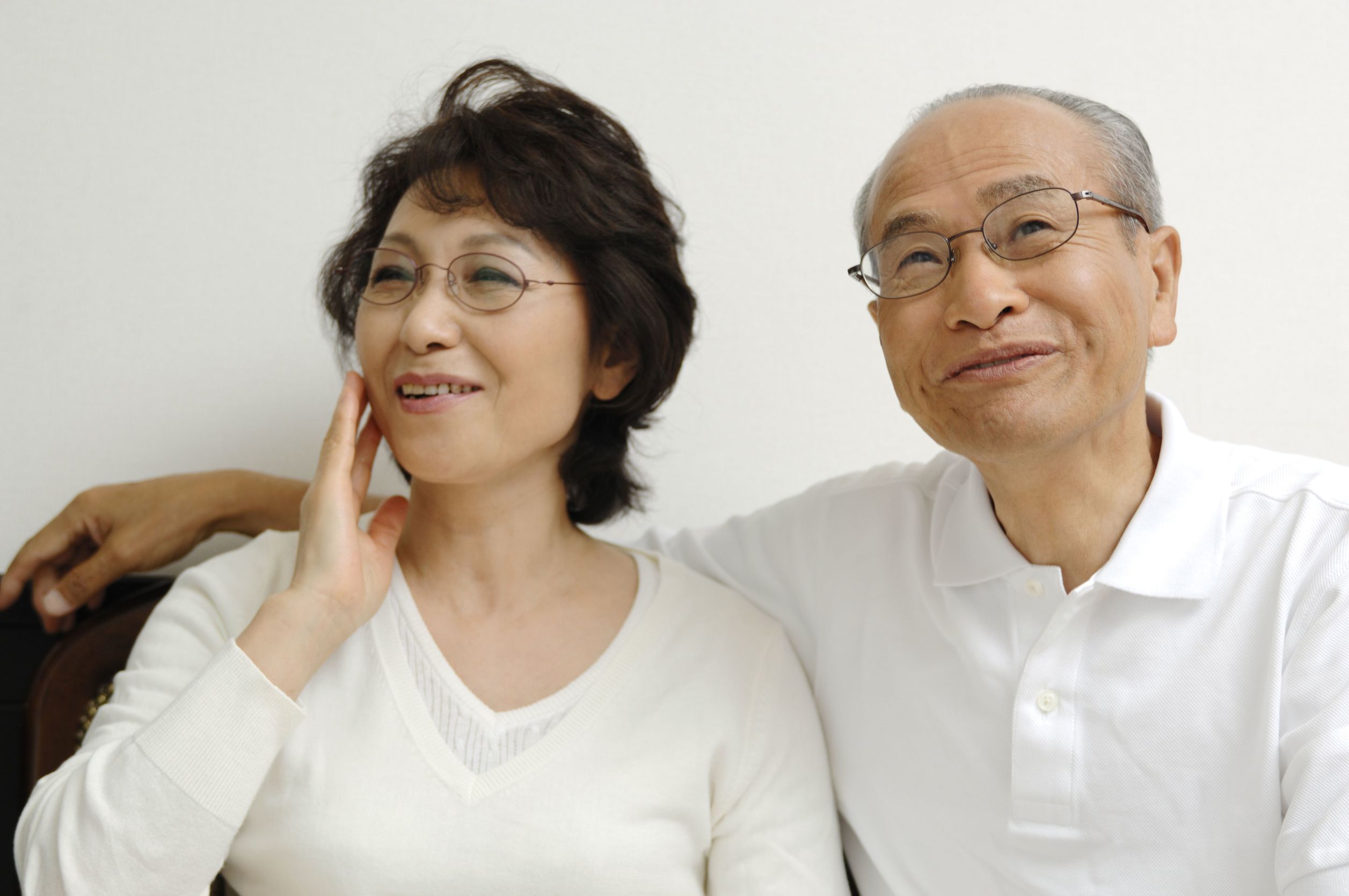Japan approves law raising retirement age to 70
- Charles Chau
- Topics: Employee Experience, Health and Wellness, Home Page - News, Japan, News

The move is part of an effort to address the country’s falling birthrate and an ageing population, and the consequent labour shortage and rising cost of pensions.
The bills give companies five options for retaining older workers:
- Raising the retirement age.
- Abolishing the retirement age.
- Allowing employees to work beyond the age limit.
- Outsourcing work to retirees as freelancers.
- Supporting employees who move on to work for non-profits and other entities that provide a public benefit.
The new law requires both companies and employees to reach a consensus on the chosen option.
However, the Labour Standards Act is not applicable to contract workers and those who work for non-profit organisations, where some workers may not be eligible for unemployment benefits. As such, companies with a majority of unionised workers must have the union’s consent to exercise the last two options, according to NHK.
READ: Japan sets aside 2.2 trillion yen to support businesses and low-income groups
The new set of laws would effectively raise the retirement age from 65 to 70. The government is also planning to reduce benefits for workers aged 60 to 64. The Cabinet, though, is not considering raising the starting age for those due to receive their pensions, reported UPI.






